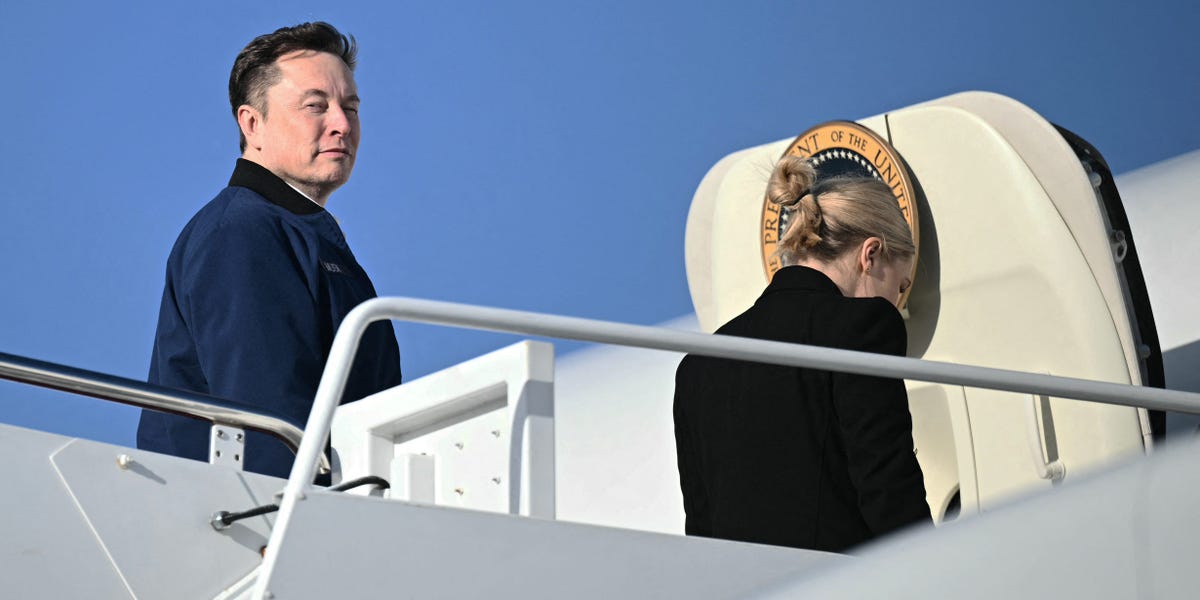Trade War Truce? Musk Pushes for Tariff-Free US-Europe Economic Handshake

In a recent high-profile conversation with Italian Deputy Prime Minister Matteo Salvini, Elon Musk shared an ambitious vision for transatlantic economic cooperation. The tech mogul expressed his enthusiasm for establishing a comprehensive free trade zone between the United States and Europe, potentially revolutionizing international economic relations.
Musk's proposal aims to break down existing trade barriers and create a more seamless economic environment between two of the world's most significant economic regions. By suggesting this innovative approach, he hopes to foster closer collaboration, reduce trade restrictions, and promote smoother cross-border business interactions.
The potential free trade zone could offer numerous benefits, including reduced tariffs, simplified regulatory processes, and enhanced economic opportunities for businesses on both sides of the Atlantic. Musk's vision represents a bold step towards more integrated global economic strategies, reflecting his reputation for thinking beyond conventional boundaries.
While details remain preliminary, the discussion highlights Musk's ongoing interest in global economic dynamics and his willingness to engage with high-level political figures to explore transformative economic concepts.
